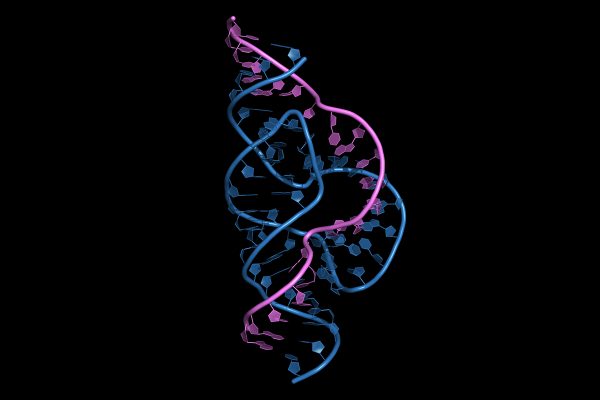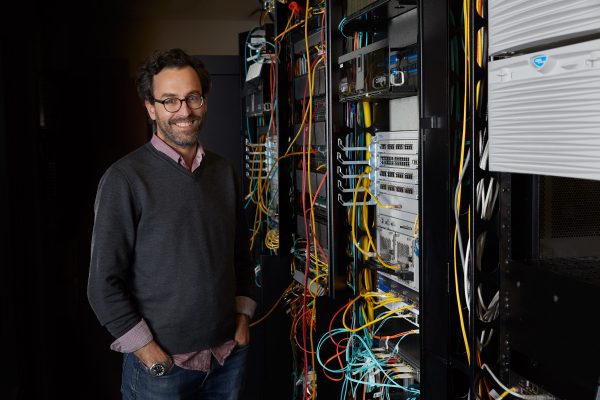With movies like Blade Runner and Terminator, the world of science fiction has taken hold of the notion of artificial intelligence. Even if we are far from Hollywood’s portrayal, scientific research in this field is truly impressive.
Beyond the realm of fiction, the unique expertise in artificial intelligence at INRS applies to several disciplines, such as biomedicine, photonics, wireless technologies and multisensory media. Some research teams are working on speech recognition, disease detection by analyzing coughs, or immersive Internet. Others are focused on using light and its properties to increase computing speed.
The science behind artificial intelligence is therefore expanding rapidly, both in the areas of algorithm optimization and in those of machine learning and system automation. These tools can perform complex tasks that are otherwise difficult to program, and can even improve their performance based on available data.
While scientists are revolutionizing artificial intelligence, others are putting it to work. The applications are numerous. They range from protecting water from de-icing salt to studying the effects of climate change on coastal environments, to analyzing RNA or soil microbiota. Finally, researchers are looking at the issues raised by artificial intelligence, both in terms of data management and its effect on the world of work.


















